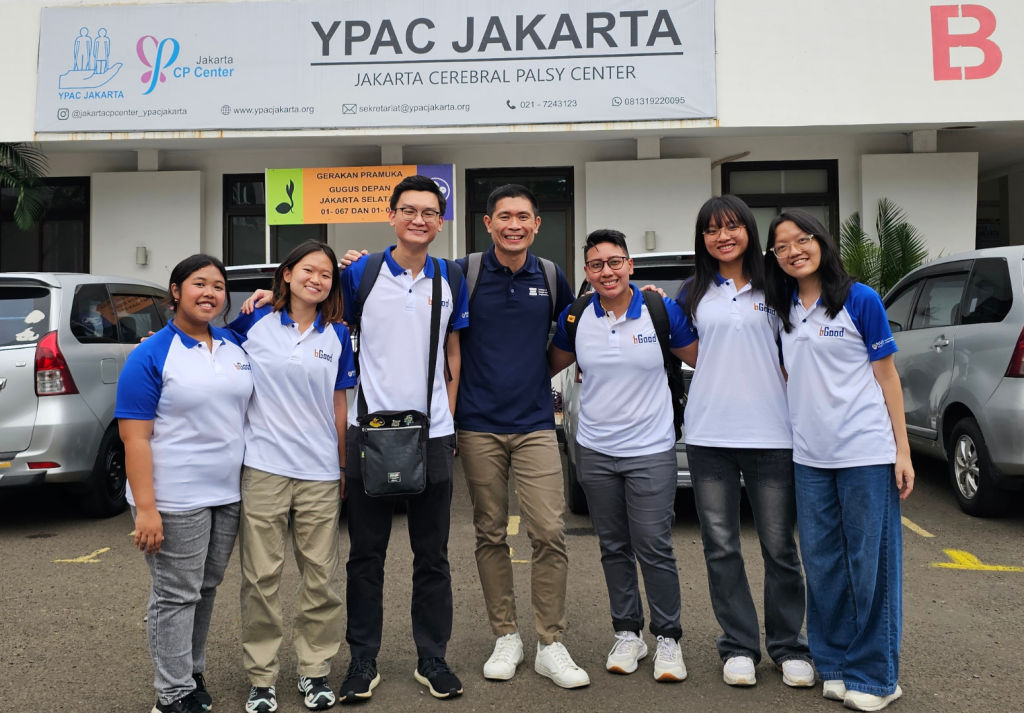![[2023.05.08] - MOU Signing-17 From left: Mr Calvin Chung, Chief Technology Officer and Senior Director, R&D, Ministry of National Development, Professor Teo Kie Leong, Acting Dean, College of Design and Engineering and Professor Susanna Leong, Vice Provost (Masters’ Programmes and Lifelong Education)](http://cde.nus.edu.sg/wp-content/uploads/2023/06/2023.05.08-MOU-Signing-17-scaled.jpg)
‘Sustainability for the Built Environment’ course aims to level up public sector officers so that they can incorporate sustainability considerations in the Built Environment.
Working in close collaboration with the Ministry of National Development, NUS is offering a series of four short courses targeted at public officers who would like to learn how to incorporate sustainability considerations in their work. Delivered by the Department of the Built Environment, College of Design and Engineering in collaboration with the Centre for Nature-based Climate Solutions, a research centre of NUS’ Faculty of Science and the Sustainable and Green Finance Institute, the modular courses are designed for professional and policy officers involved in urban planning, engineering, building design and/or facilities management.
A Memorandum of Understanding (MOU) was signed on 8 May 2023 to seal the collaboration between the Ministry of National Development and NUS, which were represented respectively by Mr Calvin Chung, Chief Technology Officer and Senior Director, R&D and Professor Teo Kie Leong, Acting Dean, College of Design and Engineering. Over the next two years, MND and NUS aim to upskill public officers in ‘green’ competencies so that they can incorporate sustainability considerations in the various aspects of planning, and across the building lifecycle.
This is the second MOU that NUS has signed with a government agency on developing green talent in the public sector. The first MOU was signed in December 2022 with the National Climate Change Secretariat (NCCS), where NUS’s Centre for Nature-based Climate Solutions developed the Sustainability 101 for Policy Officers course, covering a broad range of sustainability issues, from international climate negotiations to domestic environmental policies and regulations.
“The four short courses, curated with inputs from the Ministry of National Development and agencies on the desired learning outcomes, draw expertise from the department of the Built Environment, Centre for Nature-based Climate Solutions and Sustainable and Sustainable and Green Finance Institute. The short courses provide the fundamentals of specialised knowledge in sustainability for the built environment sector that professional and policy officers require,” Professor Chandra Sekhar, Programme Director, Master of Science (Building Performance and Sustainability), College of Design and Engineering.
The inaugural run of two modules of the series - Operational Carbon and Smart Facilities Management, and Embodied Carbon and Life Cycle Assessment – was held from 8 to 12 May 2023. Officers from 10 different government agencies, including the Building and Construction Authority (BCA), Urban Redevelopment Authority (URA), Jurong Town Corporation (JTC) and the Agency for Science, Technology and Research (A*STAR), attended the three-day and two-day course, taught by faculty members of the Department of the Built Environment.
“The courses are designed to build up skills and knowledge of sustainability for planners, designers and engineers in the Public Service. It is vital that we incorporate sustainability considerations in the work we do, to realise the nation’s efforts in reducing carbon emissions. We have to change the way we approach infrastructure and building projects across their life cycles, by adapting them to the effects of climate change while mitigating carbon at the same time. Our hope is to build up a steady pipeline of talents armed with sustainability knowledge to take our vision of a productive and sustainable BE sector forward,” said Mr Chung.
More details on the four short courses can be found in the link here, with future course dates to be updated.
- Module 1: Sustainability Landscape and the Built Environment
- Module 2: Embodied Carbon and Life Cycle Assessment
- Module 3: Operational Carbon and Smart Facilities Management
- Module 4: Green Financing for the Built Environment
Each participant will receive a Certificate of Completion upon successful participation and a Professional Certificate (PC) will be awarded to participants who completes all four modules. Where relevant, Continuing Professional Development (CPD) points will be awarded to participants who have successfully completed the courses.





